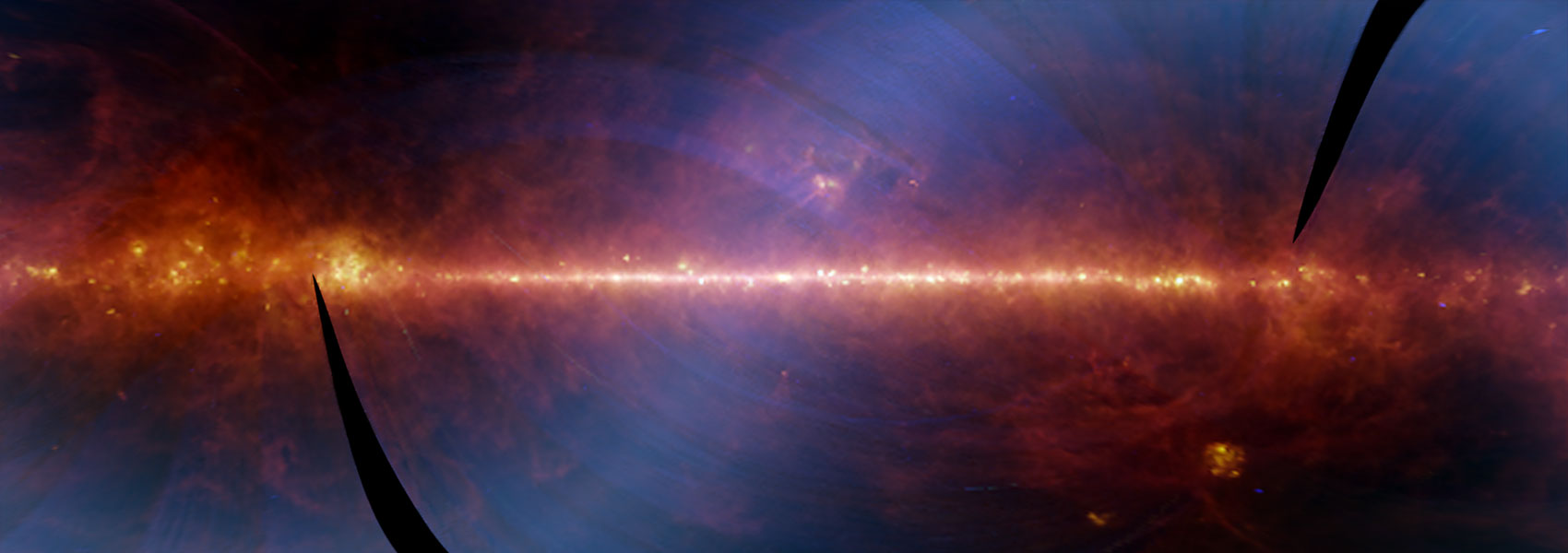October
1998
•
1998ApJ...506L..89A
Authors
•
Armus, L.
•
Matthews, K.
•
Neugebauer, G.
•
Soifer, B. T.
Abstract
•
Imaging at 1.25 and 2.20 μm has been obtained of the field containing the galaxy (RD1) found at redshift z=5.34 by Dey et al. This galaxy has been detected at 1.25 μm, while the lower redshift (z=4.02) galaxy also found in the same field by Dey et al. was detected at both 1.25 and 2.20 μm. Comparison to stellar population synthesis models indicates that if RD1 is a young (t<108 yr) galaxy, significant reddening (AV>0.5 mag) is indicated. Combined with observations of other high-redshift systems, these data show that dust is likely to be an important component of young galaxies even at redshifts of z>5. The extinction-corrected monochromatic luminosity of RD1 at 1500 Å is then a factor of about 3 larger than L*1500 as determined by Dickinson for z~3 starburst galaxies. The implied star formation rate in RD1, corrected for extinction, is ~50-100 h-250 Msolar yr-1.
Based on observations obtained at the W. M. Keck Observatory, which is operated jointly by the California Institute of Technology and the University of California.
Links




